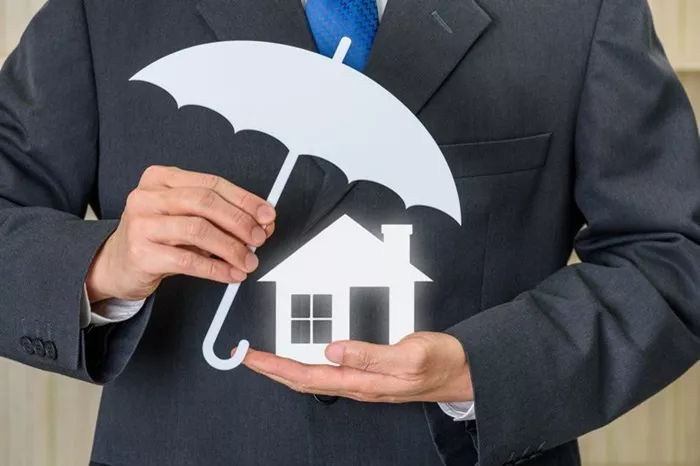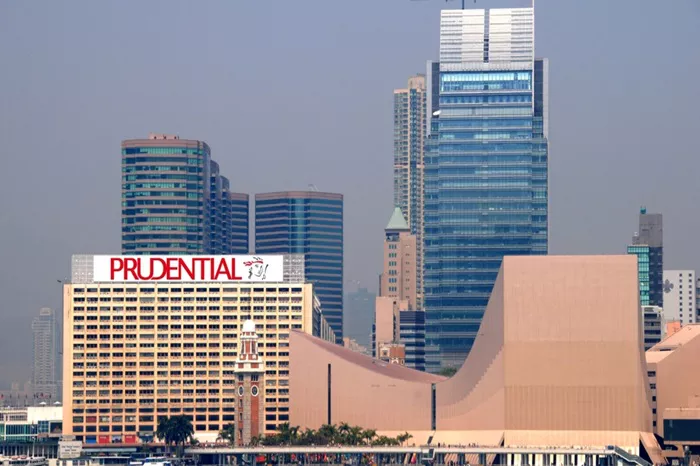Mobile homes, also known as manufactured homes, offer an affordable and flexible living option for many people. However, just like traditional homes, they need to be insured to protect against potential risks like natural disasters, theft, and liability claims. The cost of mobile home insurance can vary widely based on a variety of factors, including location, the value of the home, the coverage options selected, and more. In this article, we’ll explore the different aspects that influence mobile home insurance costs and provide a comprehensive guide on how to estimate and reduce these costs effectively.
Understanding Mobile Home Insurance
Mobile home insurance is designed to cover the unique risks associated with mobile and manufactured homes. While it shares similarities with traditional homeowners insurance, it is tailored to address the specific vulnerabilities of mobile homes, such as their susceptibility to wind damage or their different construction standards. The typical mobile home insurance policy covers the following:
Dwelling Coverage: Protects the structure of your mobile home against covered perils like fire, windstorm, and vandalism.
Personal Property Coverage: Covers your personal belongings inside the mobile home.
Liability Coverage: Protects you if someone is injured on your property and sues for damages.
Additional Living Expenses (ALE): Covers the cost of temporary housing if your mobile home becomes uninhabitable due to a covered loss.
Factors Affecting Mobile Home Insurance Costs
Several factors influence the cost of mobile home insurance. Understanding these factors can help you better estimate your insurance premiums and identify areas where you can potentially save money.
1. Location of the Mobile Home
The location of your mobile home plays a significant role in determining your insurance premiums. Mobile homes located in areas prone to natural disasters like hurricanes, floods, or tornadoes are generally more expensive to insure. For example:
Coastal Areas: Homes located near the coast may face higher premiums due to the increased risk of hurricanes and flooding.
Tornado-Prone Areas: Regions known for tornadoes may also have higher insurance costs.
Crime Rates: If your mobile home is in an area with a high crime rate, your premiums may be higher due to the increased risk of theft or vandalism.
2. Value of the Mobile Home
The value of your mobile home is another crucial factor in determining your insurance cost. The more valuable your home, the higher the insurance premiums, as it would cost more to repair or replace the home in the event of a total loss. Insurance companies will consider:
Replacement Cost: The cost to rebuild your mobile home with similar materials and quality at current prices.
Actual Cash Value: The replacement cost minus depreciation. Homes that are older may have lower premiums if insured for actual cash value rather than replacement cost.
3. Age and Condition of the Mobile Home
Older mobile homes typically cost more to insure due to the higher likelihood of structural issues or outdated construction methods that might not meet current safety standards. Conversely, newer mobile homes, especially those built after 1976 when the HUD code was implemented, tend to have lower insurance costs due to improved safety standards and construction quality.
HUD Code Compliance: Mobile homes built after 1976 must comply with the HUD Code, which sets standards for construction, design, performance, and installation. Homes meeting these standards are generally cheaper to insure.
Renovations and Upgrades: If your mobile home has undergone significant renovations or upgrades, it could lower your insurance premiums by improving the home’s safety and reducing the risk of claims.
4. Coverage Options
The type and amount of coverage you choose directly affect your insurance cost. More extensive coverage options and higher coverage limits will increase your premiums. Key coverage options include:
Dwelling Coverage Limit: The higher the limit, the more expensive the policy.
Personal Property Coverage: The value of the items you want to insure will affect your premiums.
Liability Coverage: Higher liability limits will increase premiums but provide better protection.
Optional Riders: Adding optional riders, such as flood insurance or replacement cost coverage, will increase the cost of your policy.
5. Deductibles
A deductible is the amount you pay out of pocket before your insurance coverage kicks in. Higher deductibles generally result in lower premiums, as you assume more of the financial risk in the event of a claim. Conversely, lower deductibles increase premiums but reduce your financial burden when filing a claim.
Choosing the Right Deductible: Finding a balance between a deductible you can afford and a premium that fits your budget is key to managing insurance costs.
6. Insurance Provider
Different insurance providers offer varying rates based on their underwriting criteria, market strategy, and target demographic. Shopping around and comparing quotes from multiple providers is essential to finding the best rate for your mobile home insurance.
Bundling Discounts: Many insurance companies offer discounts if you bundle your mobile home insurance with other policies, such as auto or life insurance.
Loyalty Discounts: Some providers offer discounts to long-term customers.
See Also: What Does Mobile Home Insurance Cover?
Average Cost of Mobile Home Insurance
The average cost of mobile home insurance in the United States varies widely depending on the factors mentioned above. On average, mobile home insurance premiums range from $300 to $1,000 per year. However, this can vary significantly based on the state, with some states seeing average premiums as low as $200 and others as high as $2,000 annually.
Regional Cost Variations
The cost of mobile home insurance can vary significantly by region due to differences in weather patterns, state regulations, and local building codes. For example:
Southeastern States: States like Florida and Louisiana have higher premiums due to the increased risk of hurricanes and floods.
Midwestern States: States like Kansas and Oklahoma may have higher premiums due to the risk of tornadoes.
Western States: States like California may see higher costs due to the risk of wildfires and earthquakes.
Tips for Reducing Mobile Home Insurance Costs
While the cost of mobile home insurance can add up, there are several strategies you can employ to reduce your premiums:
1. Improve Home Safety
Taking steps to improve the safety and security of your mobile home can lead to lower insurance premiums. Some measures include:
Installing a Security System: A monitored security system can reduce the risk of theft and vandalism, leading to lower premiums.
Smoke Detectors and Fire Extinguishers: Installing and maintaining smoke detectors and fire extinguishers can reduce the risk of fire damage and may qualify you for discounts.
Storm Shutters and Reinforced Doors: In hurricane-prone areas, installing storm shutters and reinforced doors can help protect your home and reduce insurance costs.
2. Maintain a Good Credit Score
Many insurance companies consider your credit score when determining your insurance premiums. A higher credit score can lead to lower premiums, as it indicates responsible financial behavior and lower risk to the insurer.
Monitor Your Credit Report: Regularly check your credit report for errors and take steps to improve your credit score, such as paying bills on time and reducing debt.
3. Bundle Insurance Policies
Bundling your mobile home insurance with other insurance policies, such as auto or life insurance, can lead to significant discounts. Many insurance companies offer multi-policy discounts as an incentive for customers to purchase multiple types of coverage.
Compare Bundling Options: Compare quotes with and without bundling to see if this option saves you money.
4. Increase Your Deductible
As mentioned earlier, increasing your deductible can lower your insurance premiums. However, it’s important to ensure that you can afford the higher out-of-pocket cost in the event of a claim.
Evaluate Your Risk Tolerance: Consider your financial situation and risk tolerance when choosing a deductible. A higher deductible may save you money on premiums, but it also means more financial responsibility if something goes wrong.
5. Shop Around for the Best Rates
Insurance premiums can vary significantly between providers, so it’s essential to shop around and compare quotes from multiple insurers. Look for a provider that offers the coverage you need at a price you can afford.
Use Online Comparison Tools: Online tools and insurance comparison websites can help you quickly and easily compare rates from different providers.
Consult an Insurance Agent: An insurance agent can provide personalized advice and help you find the best policy for your needs.
Conclusion
Mobile home insurance is an essential investment for protecting your home and personal belongings. The cost of mobile home insurance varies widely based on several factors, including location, the value of the home, coverage options, and more. By understanding these factors and taking steps to reduce your premiums, such as improving home safety, maintaining a good credit score, and shopping around for the best rates, you can find affordable coverage that meets your needs.
Whether you’re a first-time mobile home owner or looking to renew your policy, it’s important to carefully evaluate your insurance options and choose a policy that provides comprehensive protection at a reasonable cost. Remember, the cheapest policy isn’t always the best—make sure your policy offers the coverage you need to protect your investment and your peace of mind.






















